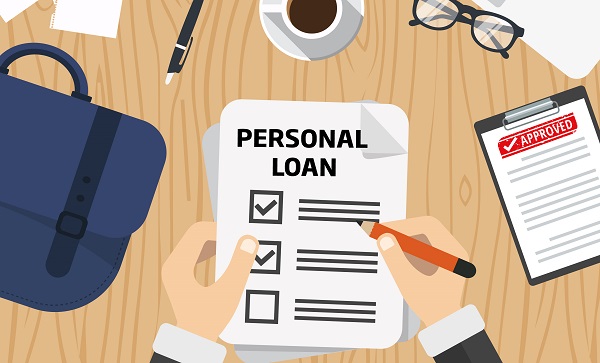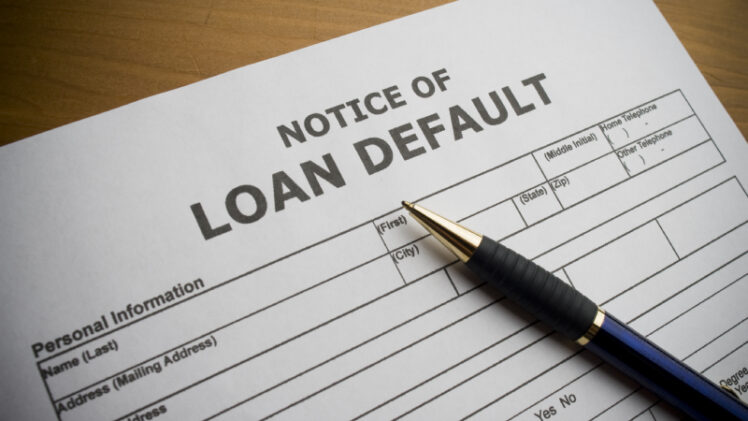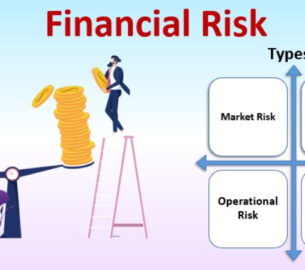Plight Of Personal Loan Defaulters
Personal loans are unsecured loans that are given at an interest rate higher than any other secure loans. When you take a loan, you must always remember that it is an amount you need to pay and you need to pay back on time. Personal loans have to be paid back on EMI basis within a fixed period of time. If you even miss one EMI, you will be categorized as loan defaulter. There may be genuine reasons for not paying the EMI on schedule. One may have repaid most of the loan in the past, but suddenly there might be a situation that stops them from paying the loan.
Some people may be downright careless or over smart in handling loans. Carelessness in assessing your income and expense will lead to a tight situation and you may not be able to repay the loan. People trying to mislead the banks to take huge sums and not paying the EMI will find themselves facing jail terms. The banks have their own loan recovery rules. For people who are over smart in avoiding repayment of the loan, banks employ loan recovery agents. These agents help the banks in bringing the defaulters to the table.
Loan Defaulters And Their Rights
Banks can help genuine loan defaulters who are unable to pay loans due to irrevocable financial constraints. There are rules that banks employ to help such defaulters to repay loans. It is extremely important for the bank that the loans don’t get converted to non performing assets. Loan defaulters who have genuine constraints should approach the bank directly to see if there could be anyway out of the situation. The SARFAESI Act has a set of rules that can protect the rights of such defaulters. A few steps the banks deploy to help defaulters are:
- Reduce the EMI
- Fix EMI free term
- Part Payment
- Employ SARFAESI Act
The banks can lower the EMI by either increasing the tenure or converting the unsecure loans to secure loans. This is called loan restructuring or rescheduling. There are restrictions in increasing tenure. And, also the net reduction in EMI is very minimal which may not have any effect on the repayment process. Converting unsecured loans to secure loans can decrease the EMI to a certain extent. The defaulters can sort for an EMI free period, if they have a temporary shortage in flow of income. Job loss, temporary closure of business, and any such temporary issues can be sorted out by availing an EMI free term. Banks may waive off EMI payment for a period of 3 to 6 months. Once the term is over, the EMI payment must resume.
There may be situations where the loan defaulter is in no condition to repay the loans. In such cases, it is better for the bank to get something than nothing. The defaulters can pay part of the loan in a single transaction and deem the rest as non-performing assets. To get this offer, the loan defaulters will have to convince the banks of their situation. If the first three above-mentioned steps fail, then the banks will deem the entire balance loan amount as non-performing assets.

Steps Taken By Banks On Loan Defaulters
The Reserve Bank Of India has strict guidelines on the loan recovery process. Banks cannot resort to unlawful or uncivilized means to recover loans. The banks must send a notice to the defaulters intimating them of the issues. The banks must let the defaulters know about the loan recovery process and introduce them to the recovery agent who will be acting on their behalf. Banks must identify professional recovery agent after passing through police verification. Unlawful conduct of recovery agents will lead to criminal offence. If the intimation letters don’t reach the defaulters, the recovery agents should carry the authorization letters. The agents must also carry the identity cards. The banks must also publish the details of recovery agent on their website. The banks must issue another notice furnishing details of contacts to explain their grievances. Banks must hear out defaulters side without any bias and the copy of discussion should be submitted to the bank. Negotiations is one of the best way to recover loans. Personal loan is an unsecured loan and banks have no collateral. In such cases, there are not too many ways to recover loan other than negotiation or the use of post dated cheques. Legal actions can be taken if these cheques bounce.
Banks or even the government will not be lenient towards loan defaulters. As this could lead to too many default cases. It will also lead to loan default becoming an excusable crime. So, taking a loan is a big risk. You will have to weigh all options, understand the consequences of loan defaulting before applying for a loan.
Know More About : Loan Repayment Rate: What You Need To Know To Calculate It












